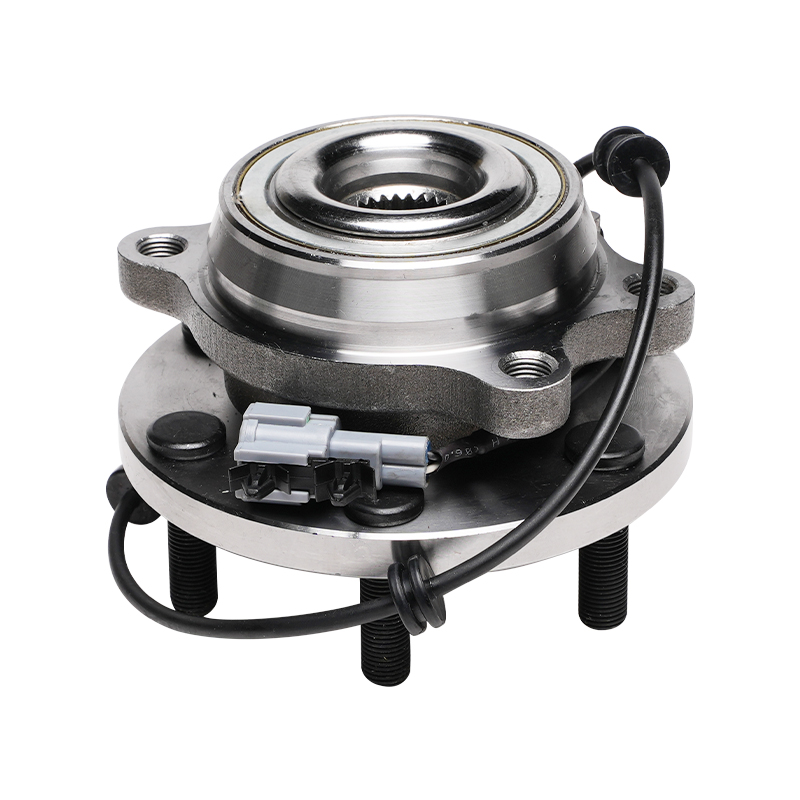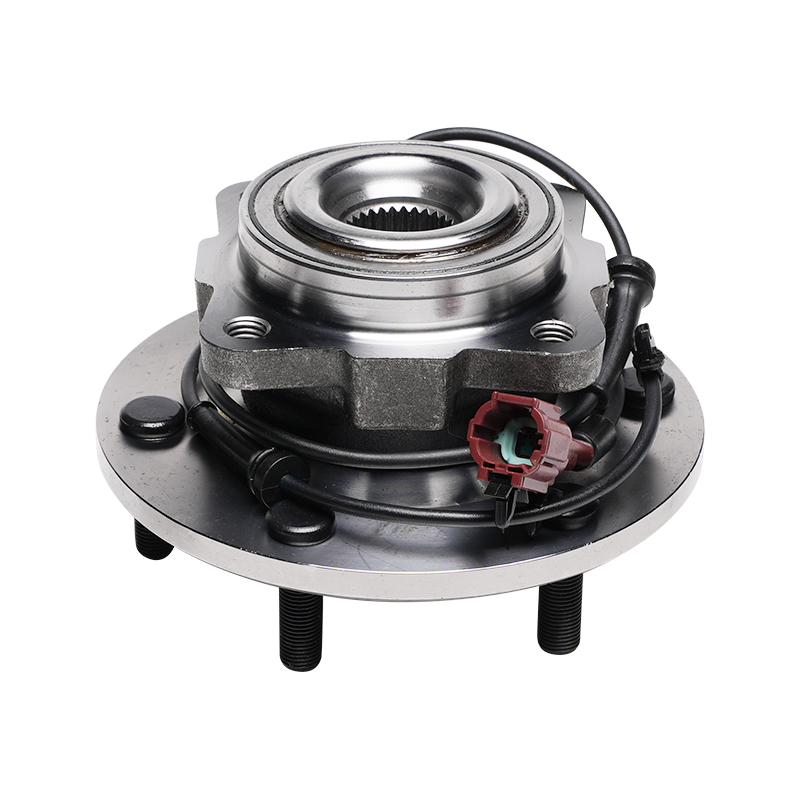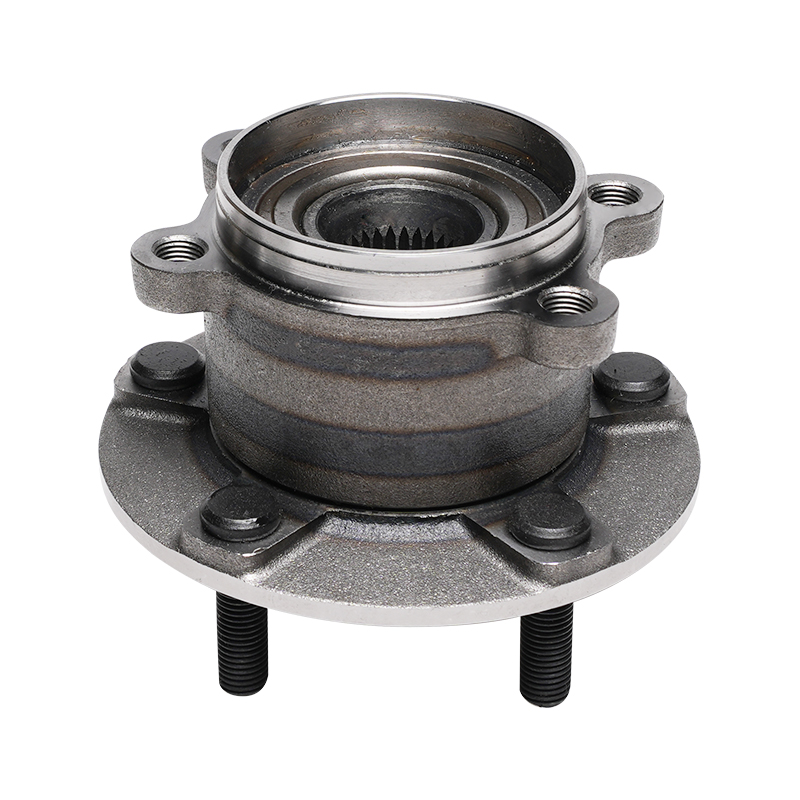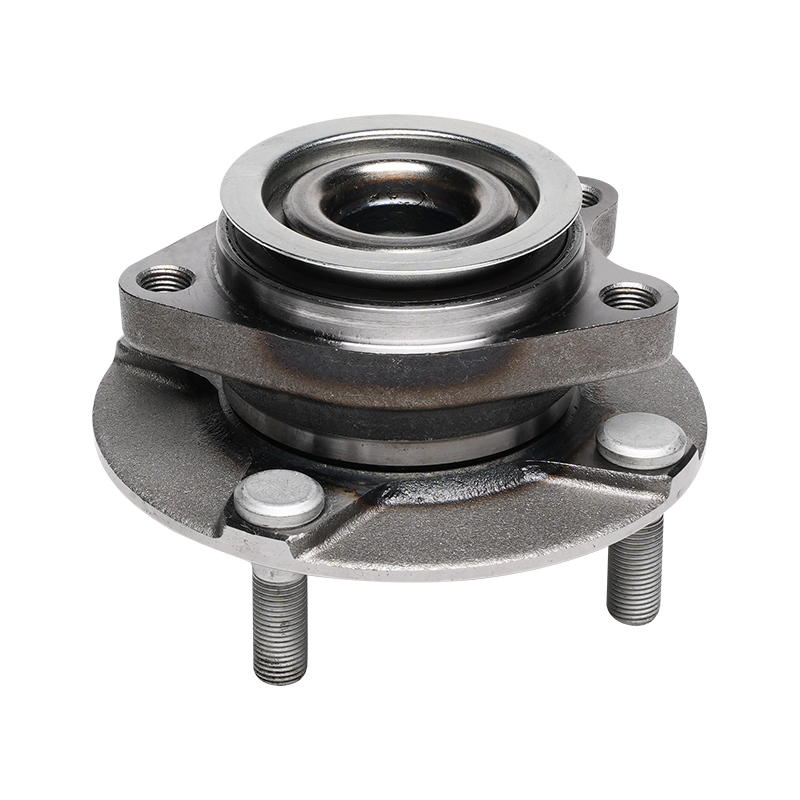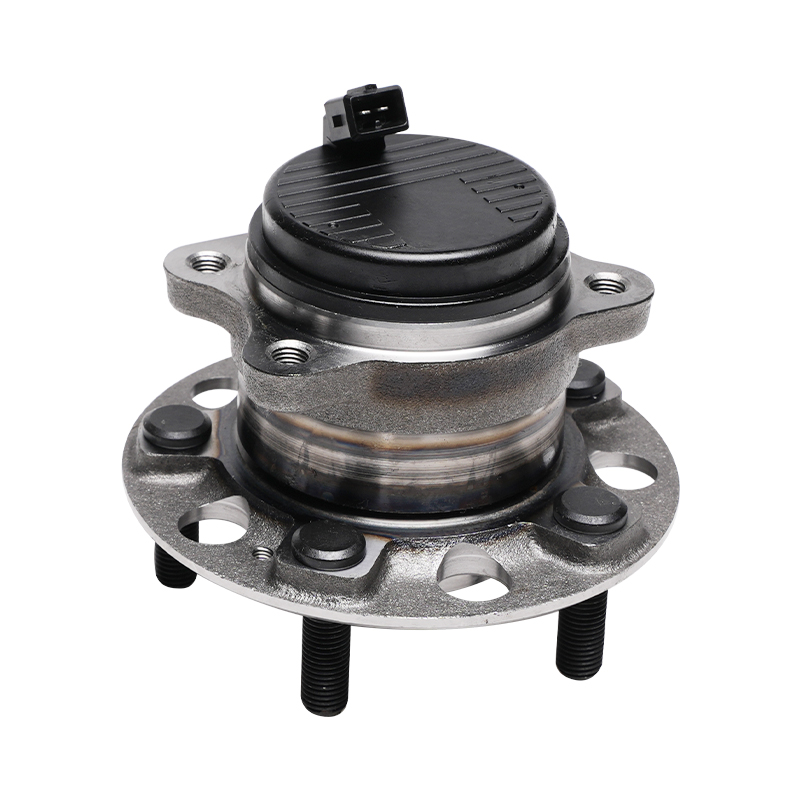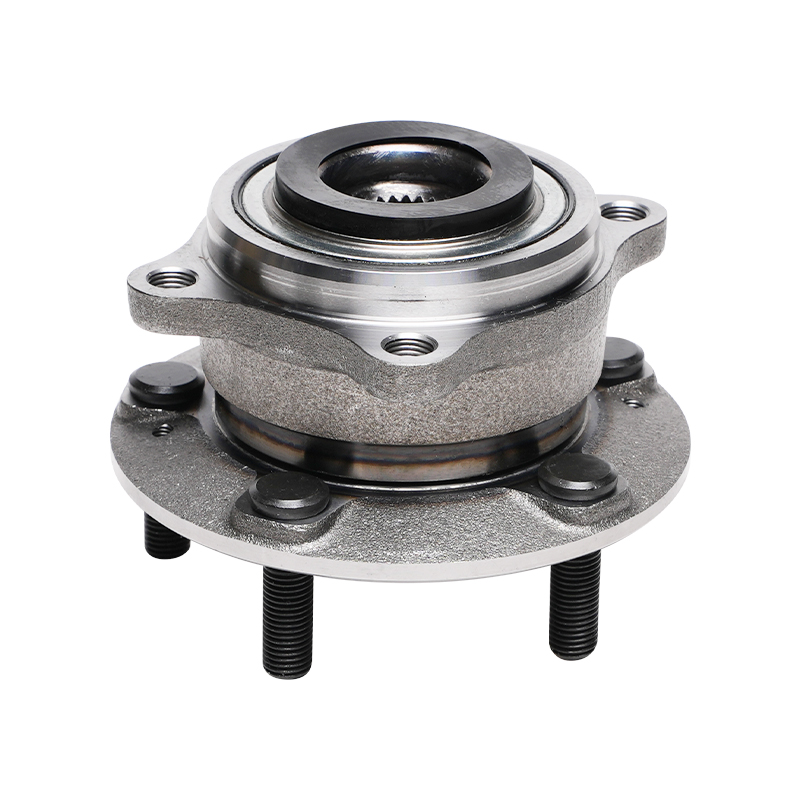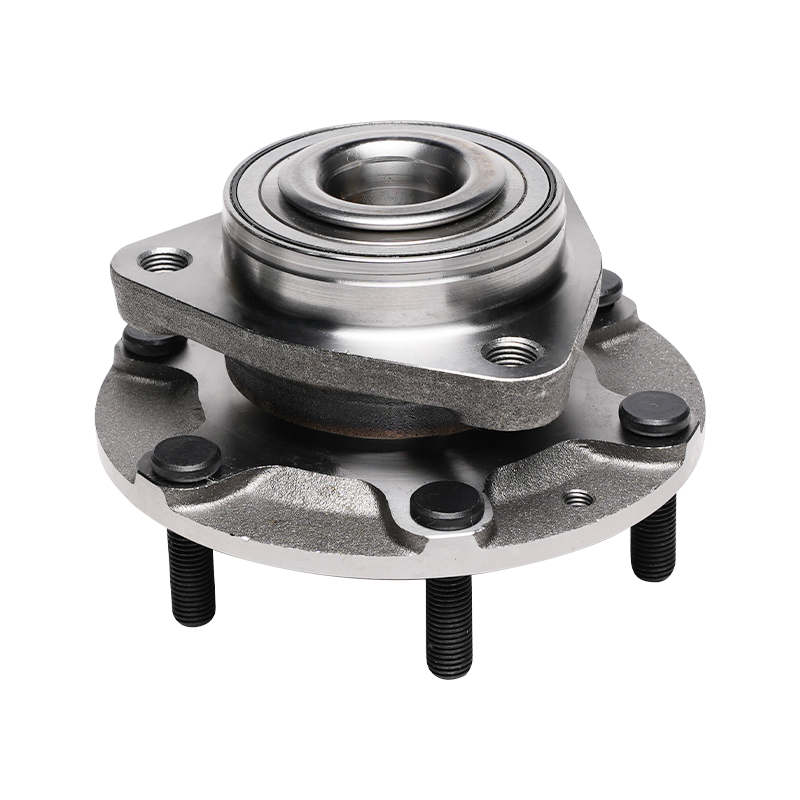Request for a call today
The Unyielding Precision of Wheel Hub Bearings: Ensuring Your Vehicle's Smooth Cruise
 2024.12.15
2024.12.15
 Industry News
Industry News
In the intricate machinery of modern vehicles, wheel hub bearings stand as silent yet indispensable guardians of smooth, reliable travel. Far from being merely metallic parts, these precision-engineered assemblies are the unsung heroes that keep our automobiles rolling with minimal friction and maximum efficiency.
To appreciate the significance of wheel hub bearings, one must delve into their structure and function. Essentially, a wheel hub bearing comprises an inner ring, an outer ring, rolling elements (balls, rollers, or needles), and a cage or retainer. The inner ring interfaces seamlessly with the axle, rotating in unison, while the outer ring nestles securely within the wheel hub or suspension housing. It is the rolling elements, positioned meticulously between the inner and outer rings, that facilitate smooth and efficient rotation, significantly reducing friction and wear.
This intricate design not only supports the vehicle's weight but also ensures precise wheel alignment and guidance. Wheel hub bearings are tasked with handling both axial (thrust) and radial (sideways) loads, making them indispensable for maintaining steering control and ride stability.
The efficiency of wheel hub bearings lies in their ability to convert sliding friction into rolling friction. Traditional bearings, which rely on oil or grease lubrication, often suffer from friction and wear over time. However, modern wheel hub bearings incorporate advanced materials and lubrication techniques, significantly enhancing durability and performance.
One such advancement is the use of sealed units, which protect the bearing assembly from contaminants like dust, water, and debris. These sealed units also maintain an optimal level of lubrication, ensuring consistent performance and extending the bearing's lifespan.
Despite their robust design, wheel hub bearings require regular maintenance to ensure optimal performance. Signs of wear or damage, such as unusual noises, excessive heat, or play in the wheel, can indicate potential issues. Regular inspections and replacements, as recommended by your vehicle's manufacturer, can prevent premature failure and ensure continued smooth, reliable travel.
It's also essential to use high-quality replacement bearings. Aftermarket bearings, while often cheaper, may not meet the original equipment manufacturer's (OEM) specifications, compromising performance and safety. Choosing OEM-approved or equivalent-quality bearings ensures that your vehicle's suspension system operates as intended.

